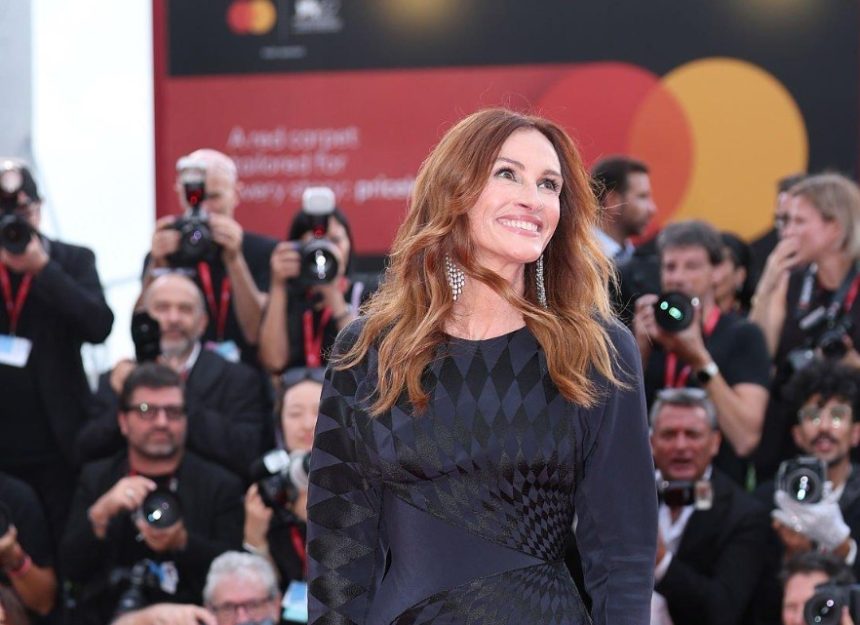Julia Roberts Faces #MeToo Backlash as After the Hunt Stirs Debate at Venice Film Festival
Hollywood icon Julia Roberts has found herself at the centre of a storm at the Venice Film Festival after her latest film, After the Hunt, drew criticism for its handling of sexual assault allegations.
The Oscar-winning actress defended the project, stressing that the film’s ambiguity was not intended as a political statement.
Roberts stars as Alma Olsson, a Yale philosophy professor forced to confront the collapse of her professional and personal life when a close colleague – and long-time friend – is accused of sexually assaulting one of her favourite students.
The film, directed by Italy’s Luca Guadagnino and featuring Ayo Edebiri and Andrew Garfield, explores themes of power, loyalty, and fractured identities in elite academic circles. It asks difficult questions, but offers no neat answers.
Roberts, addressing reporters in Venice on Friday, rejected suggestions that the film plays into damaging cultural narratives by casting doubt on survivors.
Why Julia Roberts’ film ‘After the Hunt’ is stirring a #MeToo debate at the Venice Film Festival https://t.co/LNAUodeFw7 pic.twitter.com/u2HyZxUTVL
— New York Post (@nypost) August 29, 2025
“We’re not making statements, we are portraying these people in these moments,” Roberts said.
“We are challenging people to have a conversation and to be excited by that or to be infuriated by that. It’s up to you … if making this movie does anything, getting everybody to talk to each other is the most exciting thing.”
The actress, best known for Pretty Woman and Erin Brockovich, described the role as one of her most complex to date. Olsson, a professor battling addiction to painkillers while navigating moral compromises, gave Roberts the chance to step into murky, uncomfortable territory.
“Trouble is where the juicy stuff is, right? … It’s like dominoes of conflict. Once one falls, suddenly everywhere you turn there’s some new piece of challenge. And that’s what makes it worth getting up and going to work in the morning,” she said.
Guadagnino, whose career has been defined by bold, thought-provoking cinema, insisted the film’s purpose is to spark debate rather than deliver moral verdicts.
“Everyone has their own truth. It’s not that one truth is more important than another,” he explained.
The director, who has showcased Bones & All, Queer, and Challengers at Venice in recent years, framed After the Hunt as a study of ambition, power, and the price of success.
“When I see the ambition of wanting something beyond other people, I’m quite interested, because it’s a damnation,” he said.
The controversy underscores how the #MeToo movement continues to shape Hollywood discourse, especially around films that dare to navigate the grey areas of sexual misconduct allegations.
For Roberts, however, the film’s purpose lies less in answers and more in igniting conversations.






